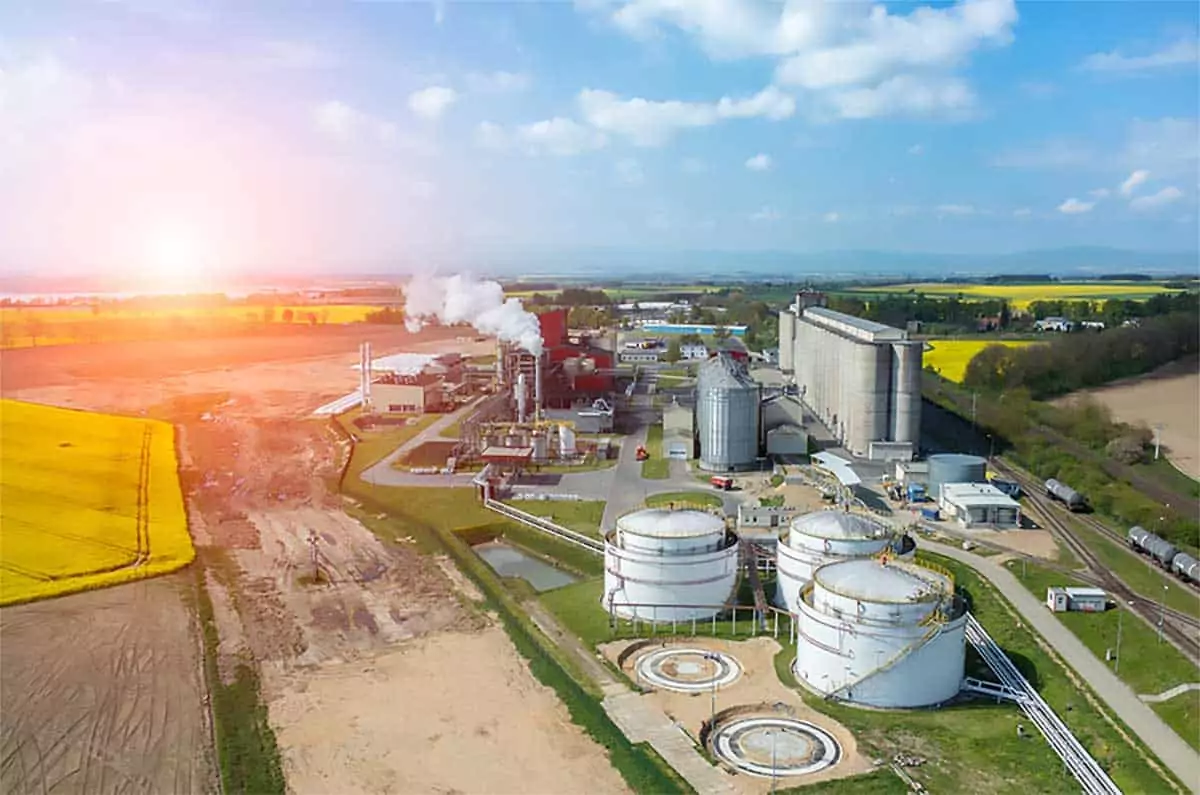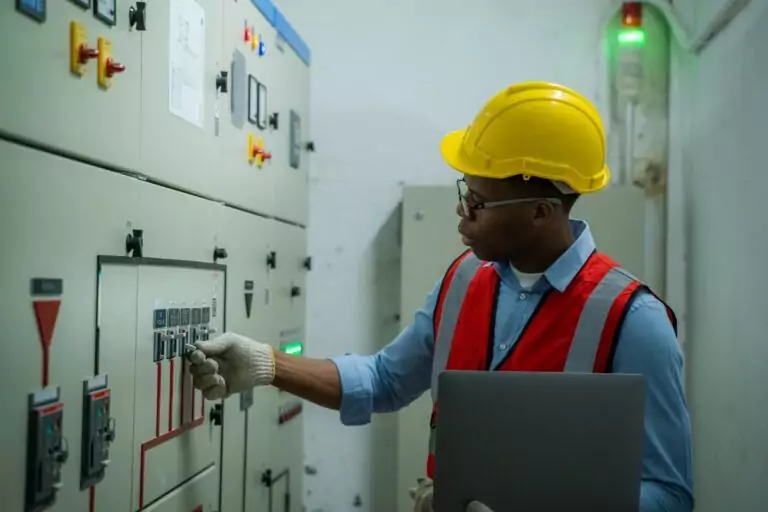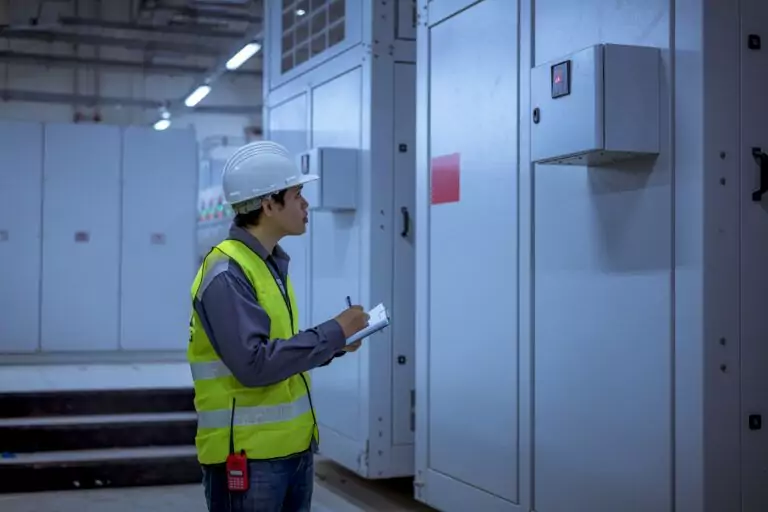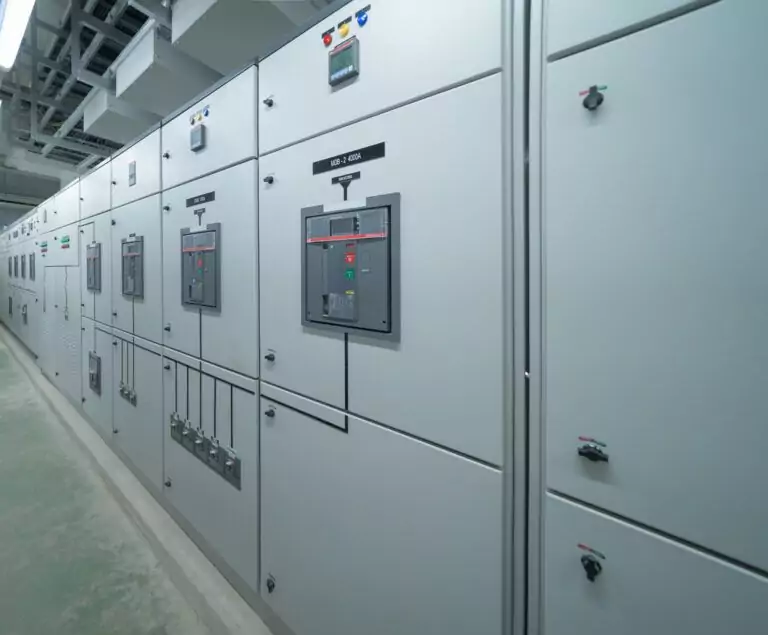This article discusses the future of biofuels and the impact on the environment. A brief history of biofuels development is also provided.
Every year the world consumes 35 billion barrels of oil.
This massive global dependence on fossil fuels contributes to increasing resource scarcity. Scientists have estimated that the earth’s fossil fuel reserves will only last for 50 years. These current estimates indicate that we’ve used almost 50% of our fossil fuel supplies.
This extensive scale of fossil fuel consumption is the main cause of greenhouse gas emissions and climate change. When fossil fuels burn, substantial quantities of carbon dioxide (CO2) are produced and directly emitted into the atmosphere.
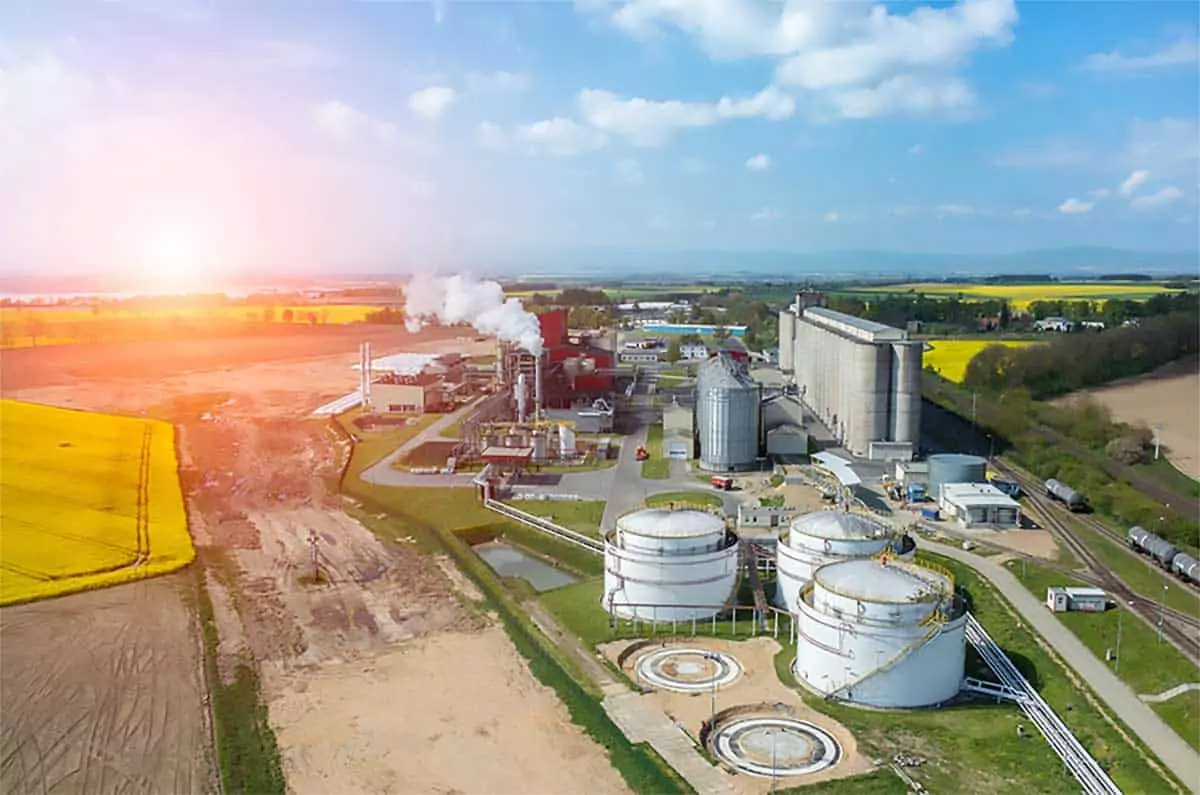
 Biofuels can be utilized as a source of energy for commercial and industrial consumption. Like fossil fuels, biofuels meet different energy demands. The most commonly extracted and used biofuels are corn ethanol, biodiesel, and algae.
Moreover, biofuels are classified by their biomass sources and are categorized into three generation biofuel:
Biofuels can be utilized as a source of energy for commercial and industrial consumption. Like fossil fuels, biofuels meet different energy demands. The most commonly extracted and used biofuels are corn ethanol, biodiesel, and algae.
Moreover, biofuels are classified by their biomass sources and are categorized into three generation biofuel:
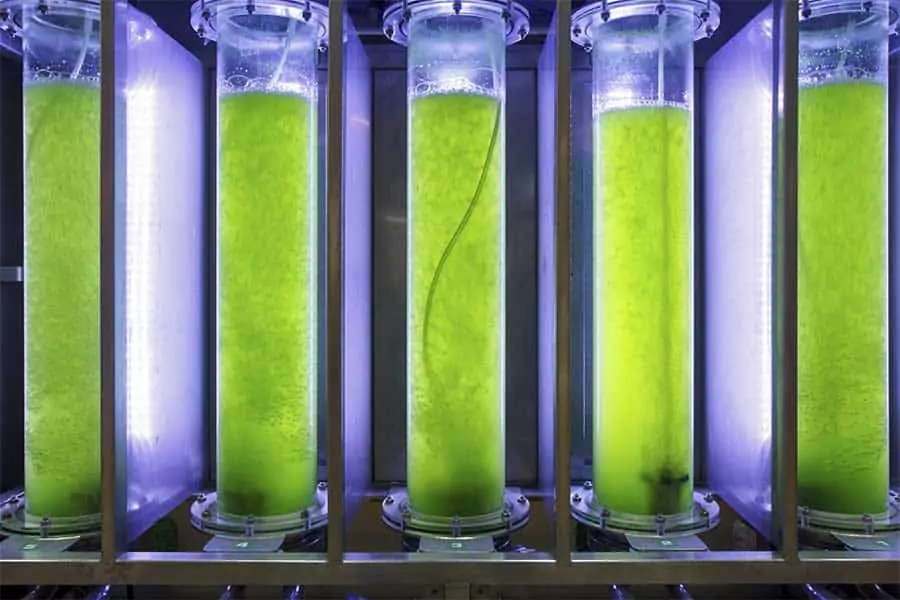

Biofuel Development
The increasing global pressure towards greenhouse gas emissions reduction led to the development of a variety of biofuels. This includes biodiesel and bioethanol (corn ethanol, cellulosic ethanol). This green transition presents a significant challenge to world authorities. Governments are having a hard time addressing the increasing transportation fuel demand that also causes climate change. There are abundant sources of biofuels globally, however, only 13% of the global energy is derived from this renewable source. To increase the world’s usage and demand of non-renewable energy, biofuels should be inexpensive and readily accessible. So, will biofuels be used in the future? Continue reading to know more about biofuel and its impact on future energy production and consumption.What are Biofuels?
Biofuels are derived from renewable sources (biomass) such as plant material and animal waste. This type of fuel has the potential to reduce the world’s dependency on limited fossil fuel supply. In addition, biofuels can also reduce the risk of climate change and greenhouse gas emissions. This is due to its natural carbon cycle production process. Biofuels can be utilized as a source of energy for commercial and industrial consumption. Like fossil fuels, biofuels meet different energy demands. The most commonly extracted and used biofuels are corn ethanol, biodiesel, and algae.
Moreover, biofuels are classified by their biomass sources and are categorized into three generation biofuel:
Biofuels can be utilized as a source of energy for commercial and industrial consumption. Like fossil fuels, biofuels meet different energy demands. The most commonly extracted and used biofuels are corn ethanol, biodiesel, and algae.
Moreover, biofuels are classified by their biomass sources and are categorized into three generation biofuel:
First-generation Biofuels
Also known as conventional biofuels, first generation biofuels are mostly made from vegetable oils, sugars, and starch. Examples of first-generation biofuels are ethanol and biodiesel.Second-generation Biofuels
Also known as advanced biofuels, are biofuels synthesized from non-food crops or lignocellulosic plants. Second-generation biofuels are also derived from agricultural and commercial wastes such as wood residues and waste cooking oil. This type of biofuel is produced using “advanced” technology to extract energy from non-food crops, biomass and waste.Third-generation Biofuels
Algae biofuel is the ideal third-generation biofuel because of its improved energy reserve property. Algae are organisms that thrive in aquatic environments. These organisms utilize light and carbon dioxide (CO2) to develop biomass. The abundance of biomass present in algae is suitable for biodiesel production and electricity.Third-generation biofuels & the future of algae biofuel
Third-generation biofuels will play a significant role in meeting the world’s future energy requirement. Algae biofuel is considered the scientific solution for green and sustainable energy due to its ecological and economical features. Furthermore, microalgae are at the forefront of ongoing global energy advancements. This type of biofuel presents a wider application in the field of renewable energy, pharmaceutical, and bioceutical production.
Future of biofuels and its impact on the environment
Recent studies presented biofuels as the solution to attain sustainable development goals and the net-zero emissions economy by 2050.- Firstly, Biofuels utilize the planet’s carbon cycle to reduce greenhouse gas emissions from transportation, industrial, and other commercial processes.
- Second, because biofuels are derived from renewable plant-based sources, they encourage ongoing development programs for forestry and agriculture.
- Lastly, advanced biofuels, which are derived from non-food energy resources, utilize waste materials from biomass to create a higher energy density biofuel.
